Pregnancy Stress Management & Mental Health
FAQs
First, remember it’s okay to feel stressed or overwhelmed. Allow yourself to feel these emotions. Reach out to a trusted friend, family member, or professional for support. Engaging in calming activities like walking, meditation, or journaling can help.
Try to take some ‘me’ time each day doing something you enjoy. Whether it’s reading, taking a warm bath, or just listening to your favorite music, taking care of your mental health is an essential part of a healthy pregnancy.
If you’re feeling persistently sad and hopeless or have lost interest or pleasure in activities you used to enjoy, speak with your healthcare provider right away. There are safe treatments for depression during pregnancy, and they can help connect you with resources.
Postpartum depression is a serious mood disorder that can occur after childbirth. It’s more intense than the typical ‘baby blues’ and can include feelings of extreme sadness, anxiety, and exhaustion.
There’s no single cause of postpartum depression, but physical, emotional, and lifestyle factors can all play a part. Hormonal changes following childbirth, lack of sleep, and the emotional roller coaster of taking care of a new baby are all potential contributors.
Postpartum depression can make it hard to handle daily tasks, care for yourself or others, and bond with your baby. It’s essential to seek help if you think you’re experiencing postpartum depression.
With the treatment of postpartum depression, most people start feeling better within a few weeks, but it can sometimes take several months.
Reach out to your healthcare provider, who can guide you towards professional help. Postpartum support like counseling or medication can be beneficial. Don’t hesitate to ask your loved ones for help, and take time for self-care.
Listen without judgment, provide reassurance, help with child care or household tasks, and encourage them to seek professional help.
Yes, partners can experience postpartum depression, too. If a loved one is showing signs of depression after the birth of a child, encourage them to seek professional help.
The ‘baby blues’ are common and usually start within the first three days after childbirth. They can include mood swings, crying spells, and difficulty sleeping, but usually fade within a week or two. Postpartum depression symptoms are more intense and last longer, often interfering with your ability to care for your baby or yourself. If you think you might be experiencing postpartum depression, definitely reach out to your healthcare provider.

